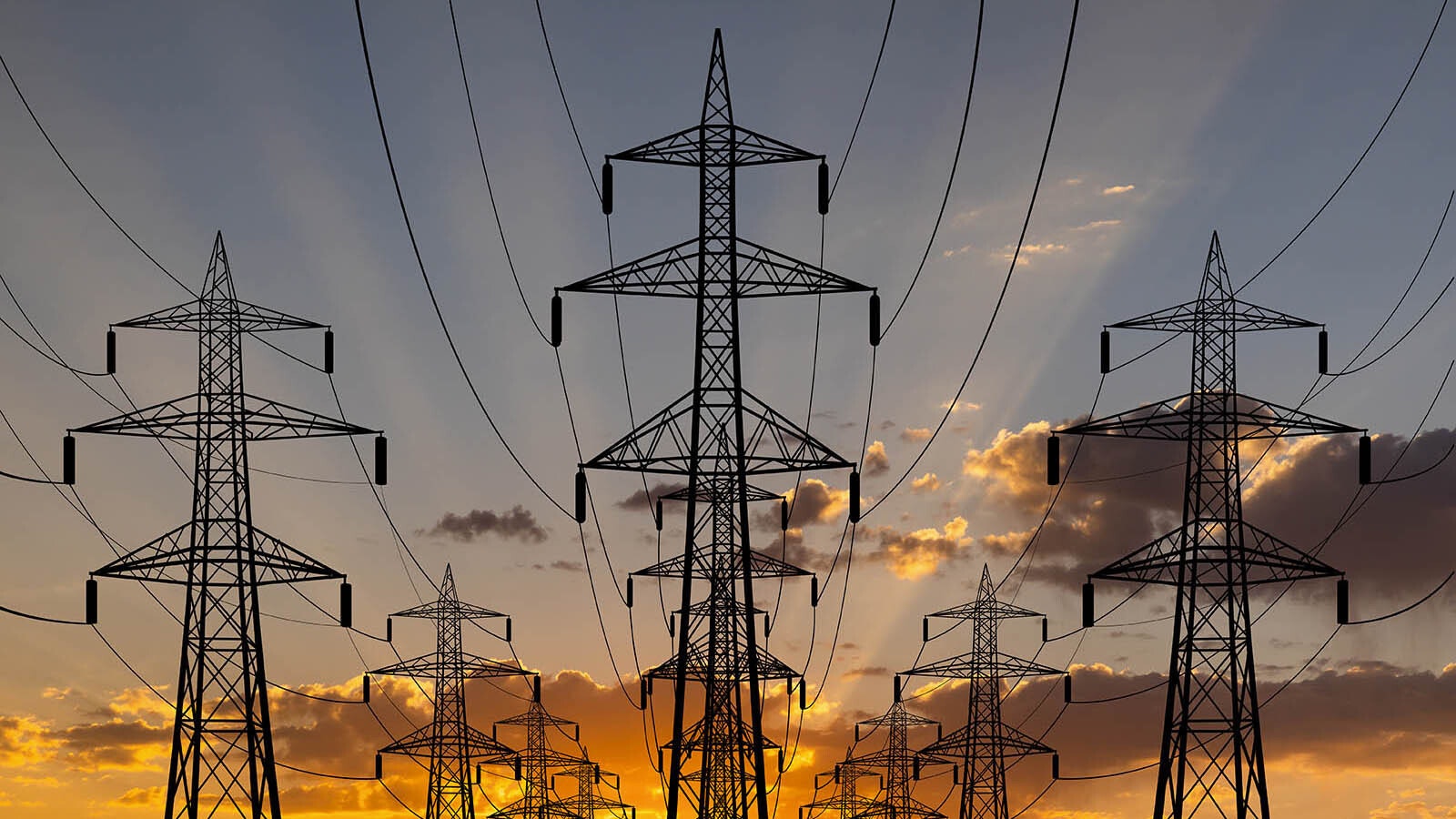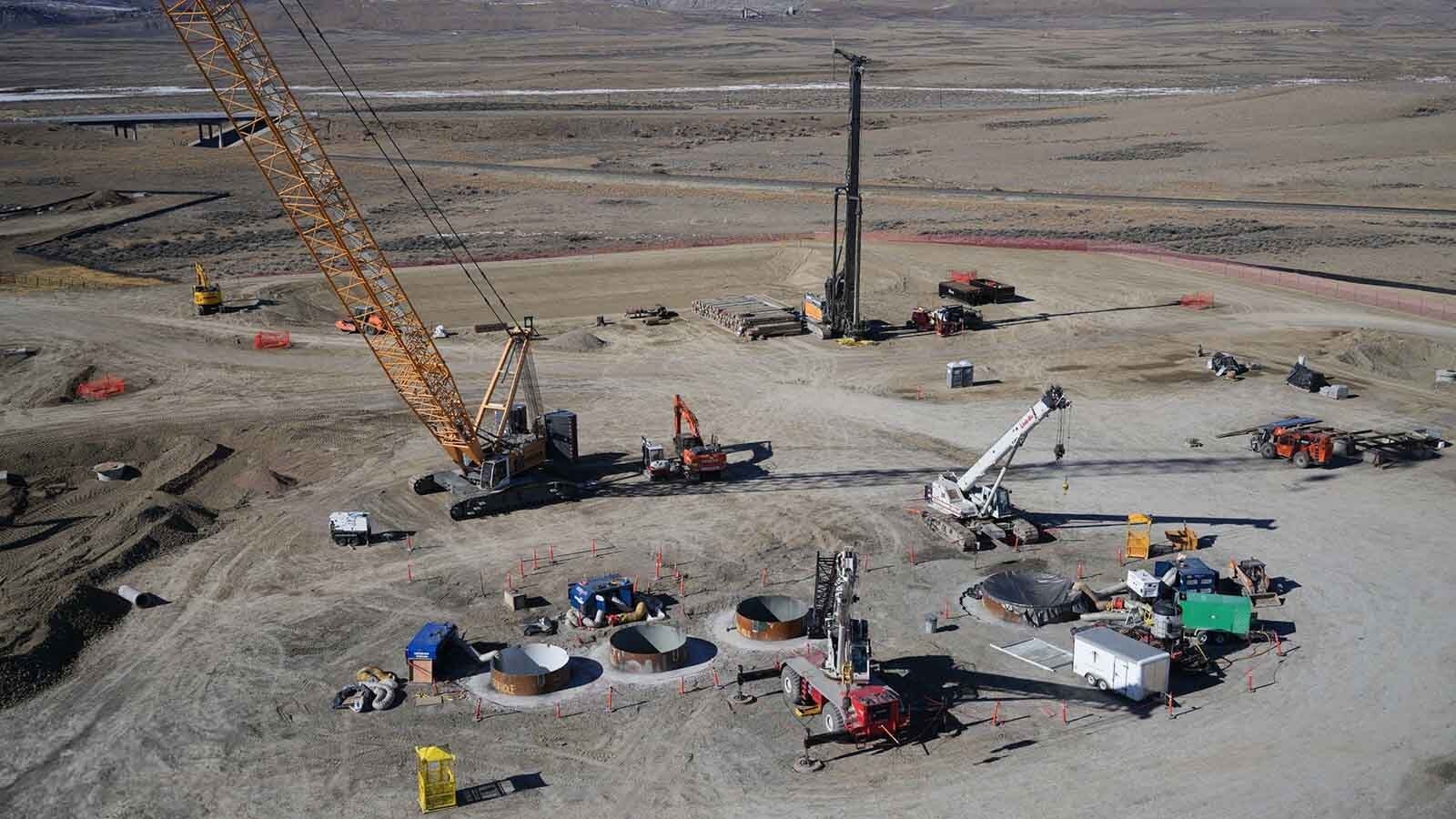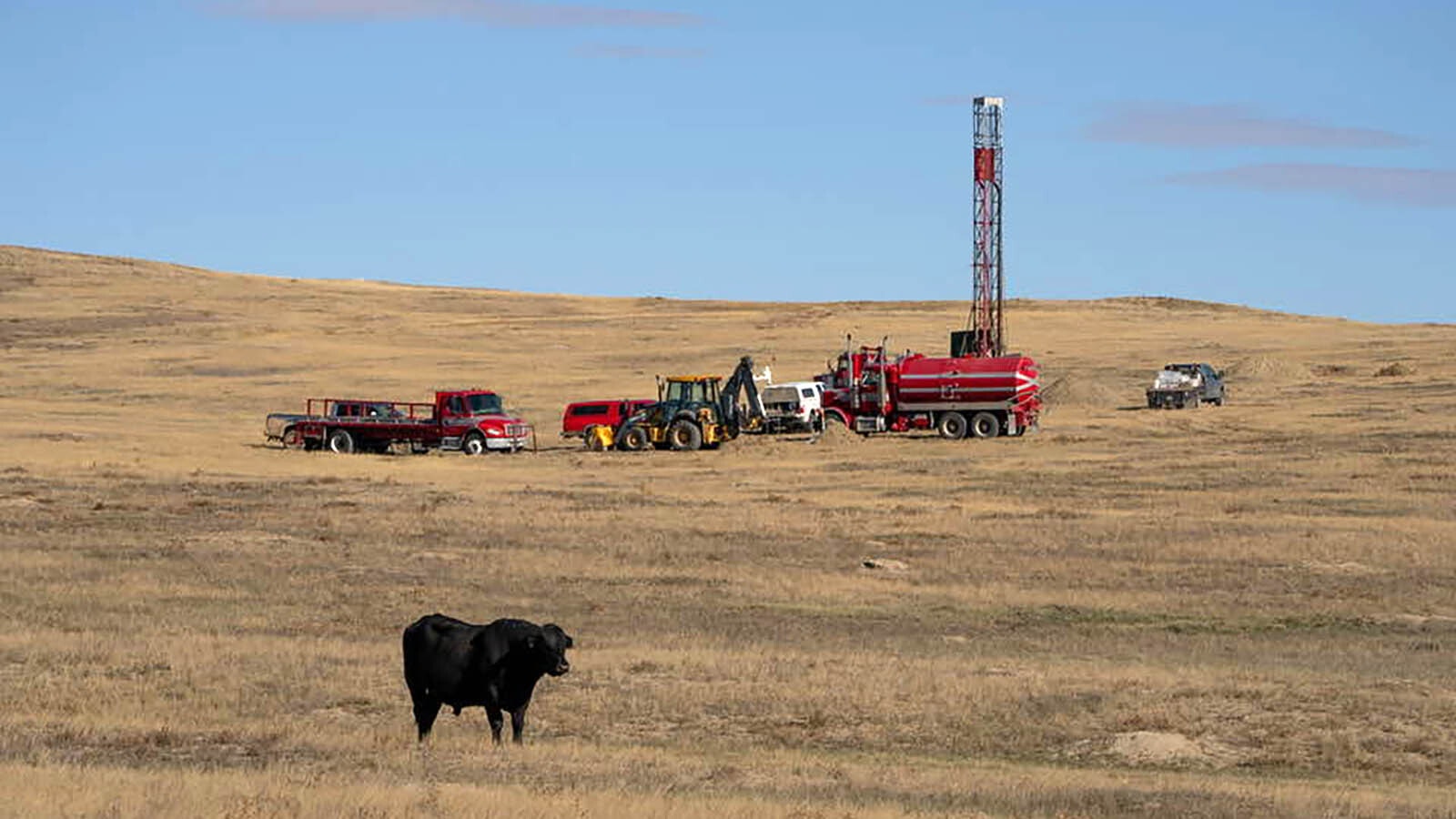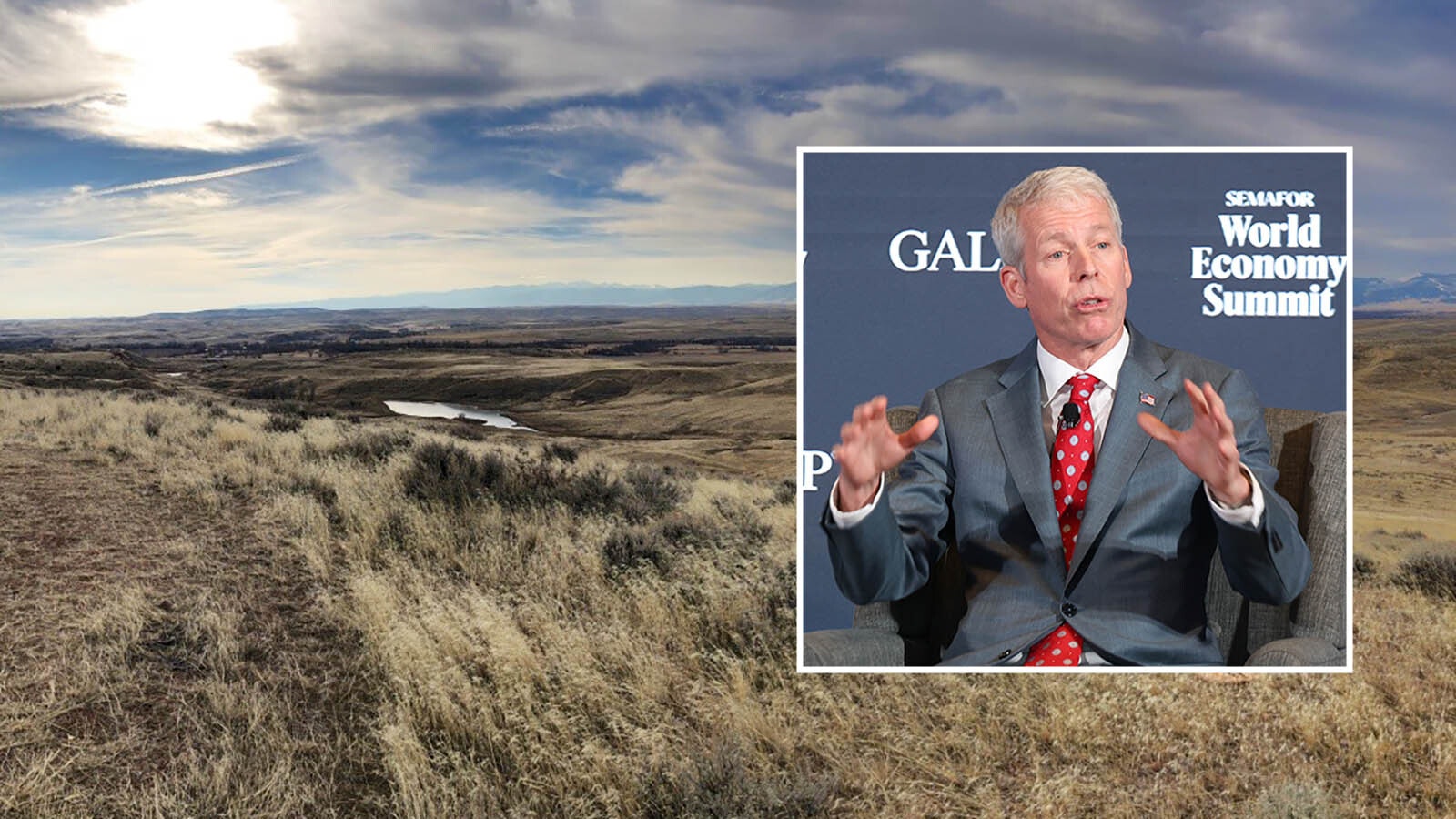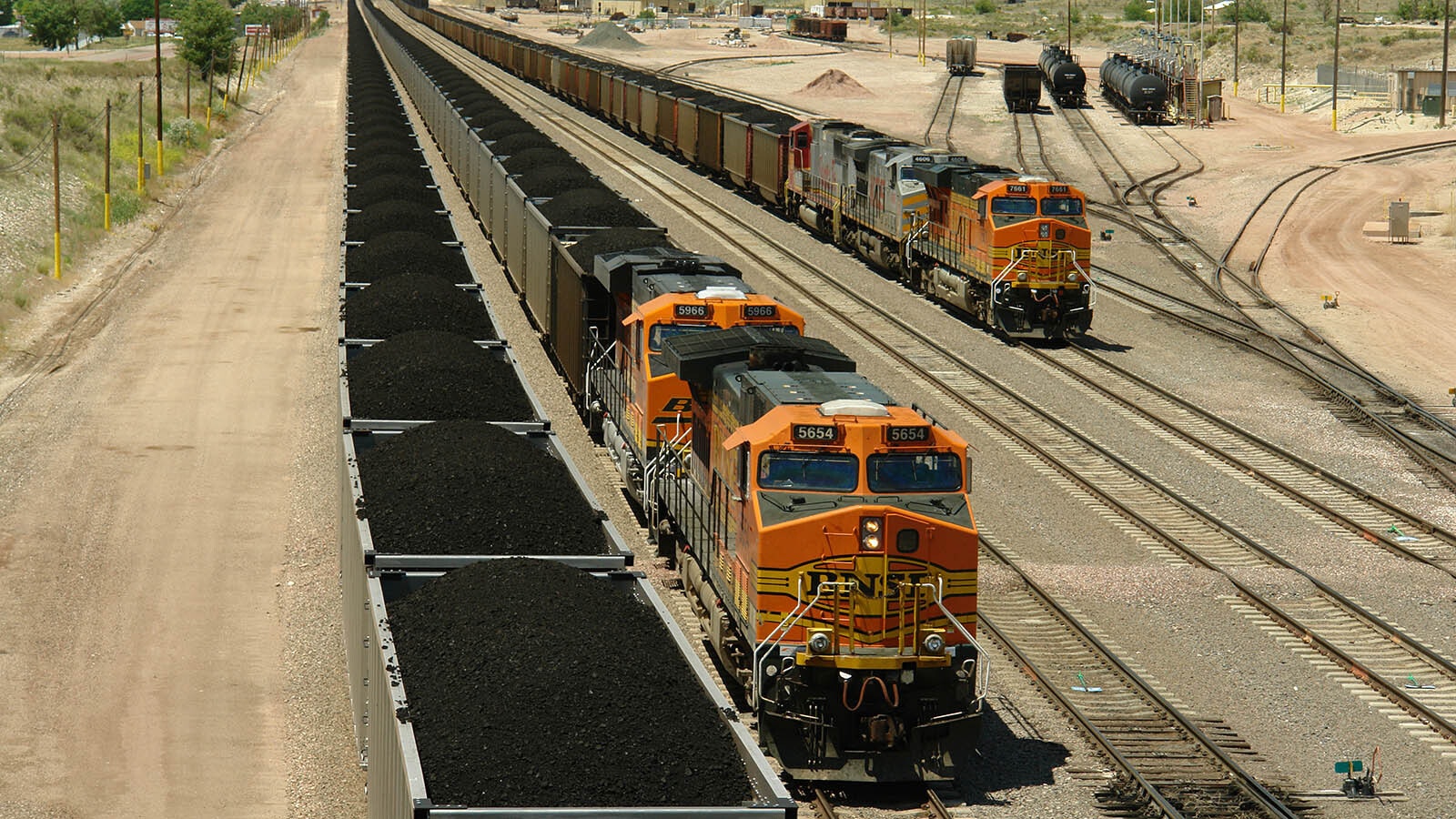Drought conditions across the West, heat waves and forest fires — as well as an increasing electrification of transportation, appliances and residential heat — are placing greater demands on the grid.
Because of the interconnectedness of the grid in the West, energy shortages in Oregon, California and Washington can impact other states, including Wyoming.
Maintaining reliability across the West during periods of extreme temperatures was the topic of a panel discussion of energy experts Thursday, who all agree it’s becoming more of a challenge every year.
Less Certain
The Western Interconnection, which is the power grid that serves the western United States and Canada, depends more and more on intermittent energy from wind and solar.
Wyoming produces 13 times more power than it consumes and has abundant coal and natural gas generation resources. This is why the state hasn’t had rolling blackouts during times of extreme weather.
Companies like PacifiCorp are building out transmission lines to export more Wyoming energy to other states to help them meet growing demand and replace energy from retired coal plants.
The Western Electricity Coordinating Council (WECC), a nonprofit that tries to assure reliable electricity on the grid that serves Wyoming and other Western states, used to have a much simpler calculation of resource adequacy that was based on capacity — how much generation is needed at the highest demand times. Now, the calculus is not so simple.
“We were cheating by using capacity because we had firm fuel. We don’t have that anymore, and in many cases are less certain. And we’re actually becoming less certain,” said Mark Lauby, senior vice president and chief engineer at the North American Electric Reliability Corp.
Balancing Act
The risk assessments that NERC and WECC conduct are trying to help utilities find ways to balance a grid that transports energy from where ideal weather conditions are producing extra wind and solar energy to areas that need the energy. This is what they call resource adequacy.
“Resource adequacy, or the effects of its absence or issues with it, have become part of the social dialogue in this country, with everyone from legislators to Hollywood celebrities calling for some kind of change or action to keep the lights on,” said Victoria Ravenscroft, WECC senior policy and external affairs manager, at a webinar Thursday.
Skin Of Their Teeth
Letha Tawney, Oregon Public Utility Commissioner, talked about how last September’s heat waves stressed the grid.
The high temperatures, combined with forest fires, created a condition where electricity loads are high, Tawney said.
“Most of us across the West can open our windows at night and cool,” Tawney said. “With wildfire smokes you can’t do that anymore. You run your AC all night.”
Smoke from wildfires also reduces the power output of solar resources. All the factors combined, Tawney said, is making the grid run more often at the margins of its resources.
She said people often look at California as the state that can’t maintain power, but she said it’s a struggle for many Western states.
“They got through it in September. It was by the skin of their teeth. But, you know, I’m not sure we’d do any better,” Tawney said.
Dark Holidays
The panel also discussed the rolling blackouts across the Southeast during December, which shut off the lights as people were trying to enjoy their holidays.
“For the industry, it was yet another reminder that the world for which we produce power is changing,” Ravenscroft said. “On the other side of the New Years, events and many others before and since, one thing remains clear — the future is a very challenging one.”
While coal and natural gas plants provide dispatchable energy when solar farms fail, coal plants are being retired at an accelerated rate and natural gas plants aren’t being weatherized to handle more extreme events.
As a result, Lauby said, natural gas and coal plants fail more often during long periods of cold weather.
“I think part of it is because we’re going to be seeing more cold weather … that we need to start thinking about when are we going to winterize these things too, especially gas turbines,” Lauby said.
Nobody Is Immune
The organization is holding a series of these panels throughout the year on various topics, many of them looking at how to keep the lights on with fewer dispatchable resources on the grid.
Kris Raper, vice president of strategic engagement and external affairs warned that every Western state will be touched by the struggle.
“Nobody is immune,” Raper said. “I think it’s a lesson that we should have learned over the last handful of years.”

